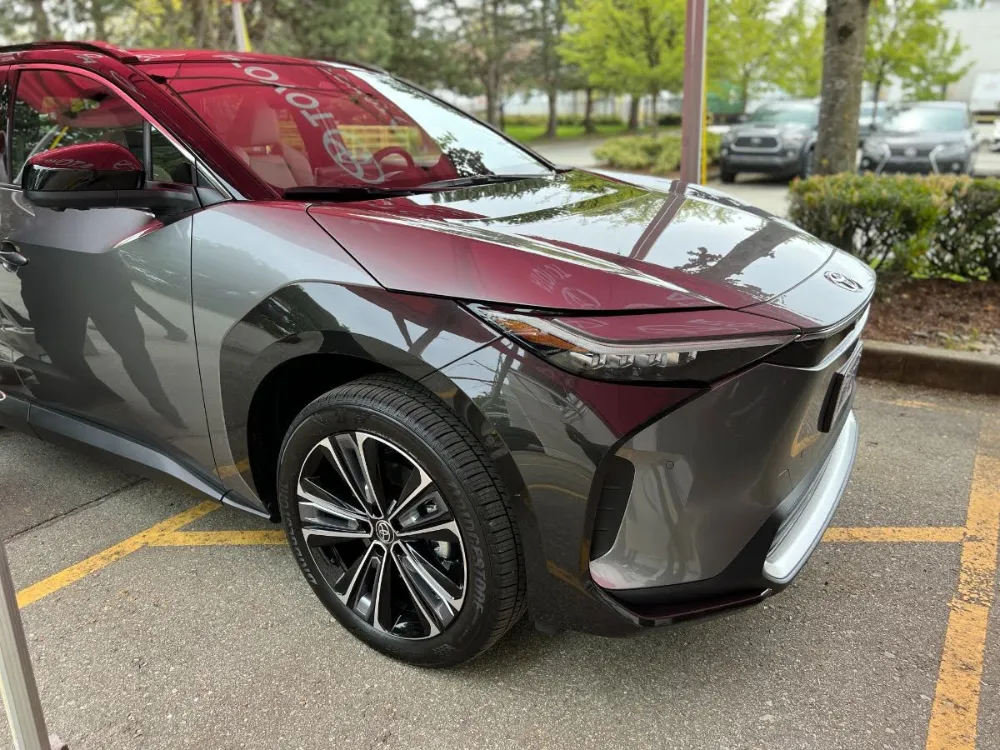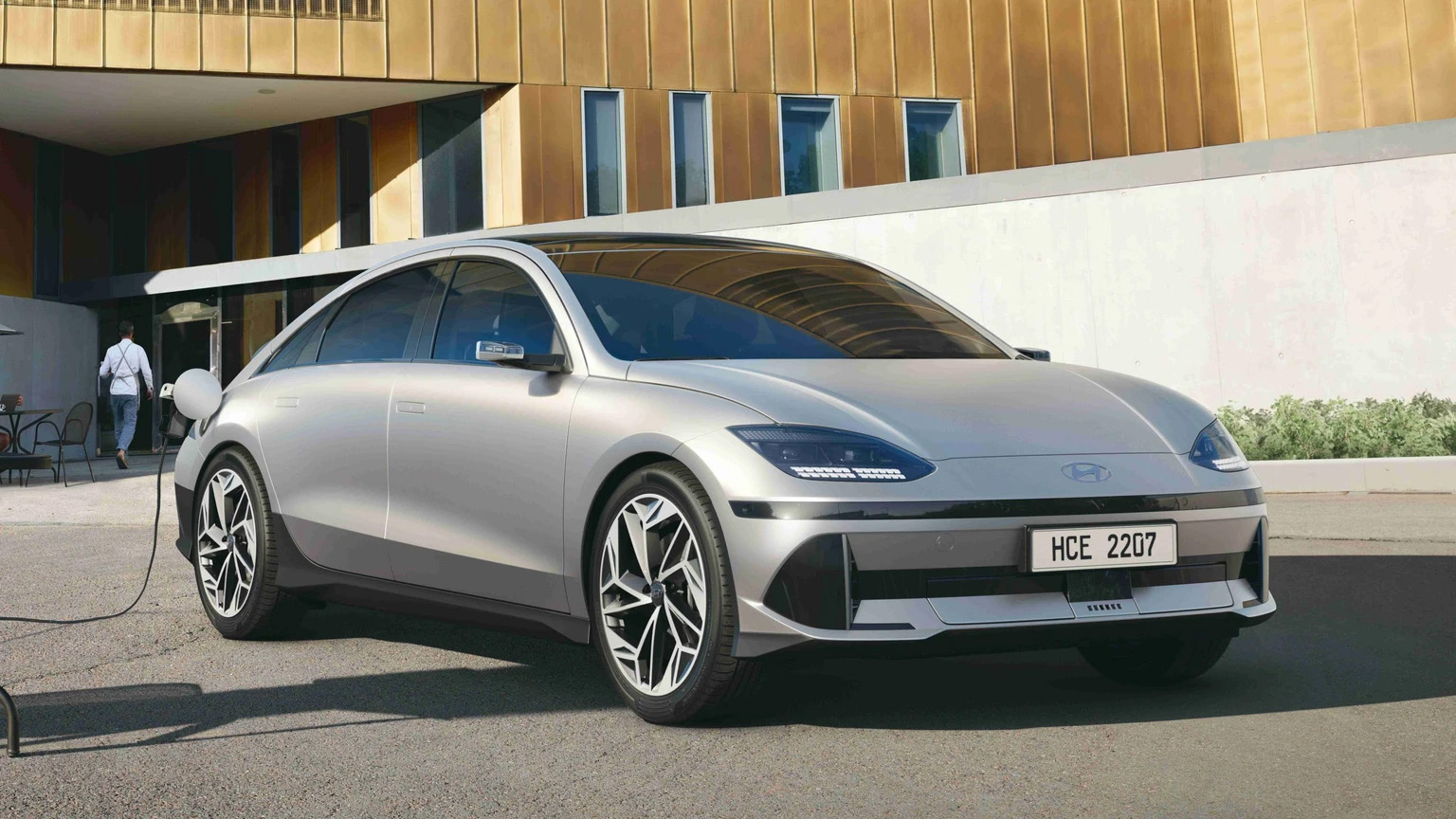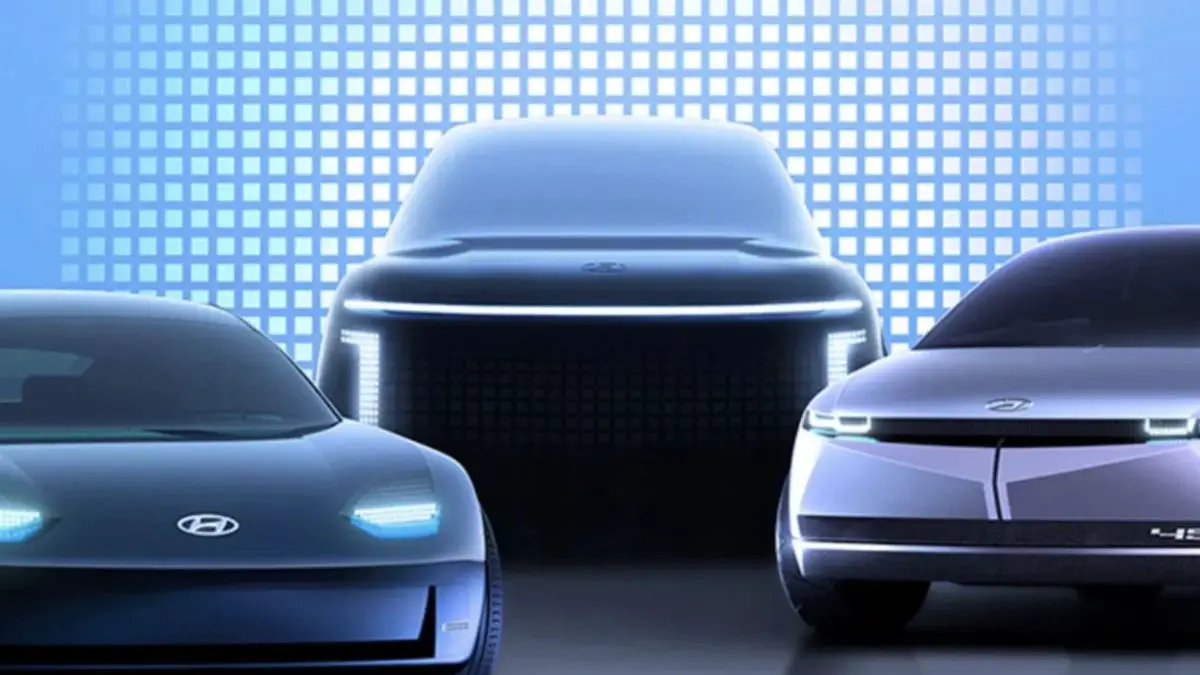Hyundai electric vehicles are selling strongly for the Korean automobile corporation. After outselling GM and Nissan in total annual volume for the first time this year, Hyundai (which includes Kia and Genesis) is solidifying its position as a formidable rival.
After relaunching the company in 2022, they surpassed Volkswagen and Toyota to become the third largest carmaker in the world. But as the car industry shifts to electric vehicles, the South Korean automaker may have an edge.
While other automakers, like Toyota, have failed to embrace the movement, Hyundai has leaned significantly toward electric vehicles. Maintaining a progressive stance, they have released a number of successful electric vehicles, including the IONIQ 5 and the Kia EV6, both of which are selling well.

As it competes with Ford for second place in US electric car sales, Hyundai had a record-breaking November in sales thanks to the launching of its new models.
Following the passage of the Inflation Reduction Act, North America has emerged as a prime market for electric vehicle investments, with sales forecast to soar over the next few years. Around 21% of Hyundai’s annual sales were generated in North America.
Hyundai, a South Korean automaker, plans to achieve a global EV sales volume of 1.87 million units by 2030, which would represent roughly 7% of the global market share.
Is Hyundai capable of unseating Toyota as the market leader?
Even though they are the largest carmaker in the world, Toyota is not interested in producing EV vehicles. They have always cautioned against completely abandoning the hybrid system in favour of EVs.


The deployment of Toyota’s first electric vehicle, the bZ4X, was hampered by a safety recall related to the wheels coming off, which was announced before the vehicle was even released. While bZ4X sales resumed in October, Toyota’s EVs have not yet gained significant traction.
When compared to the same period last year, Toyota’s sales have been rather stable so far this year. But as of last month, Toyota has only sold 18,569 fully electric vehicles worldwide.

Hyundai, meanwhile, has unveiled a new “EV-inspired” design for its KONA series, demonstrating the company’s future focus. It is expected that their revenue will rise by 21%, to 141.7 trillion won ($108 billion), giving them the highest growth rate among the big automakers.
To this day, Hyundai’s lineup of all-electric vehicles continues to expand. Year-to-date sales for Hyundai are up 1.2% mainly to the success of recently released models and increased consumer demand.

The IONIQ 5’s sales have skyrocketed this year, from January to November alone, from 42,000 to over 88,000. It just took a few hours for the first production run of the Hyundai IONIQ 6 to sell out, and the company has already sold roughly 4,000 of them since the model’s October debut (a US release is scheduled for next year).
Conclusion
In light of Tesla’s recent market success, Toyota is mulling over plans to develop a brand-new EV platform. Even as Toyota continues to experiment with technologies like hybrids and hydrogen fuel cells, Hyundai is focusing on electric vehicles as a core competency.
Hyundai appears to be in the driver’s seat as the trend toward all-electric vehicles spreads across the world’s largest auto markets. Who do you believe will emerge victorious, though?


